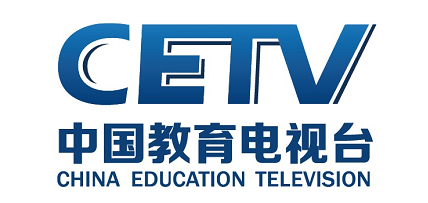

Explore a compelling revelation on danwei.org today: an eye-opening report reveals that a significant 40% of Chinese TV brands’ names and logos are in direct violation of the law. Dive into the details surrounding this intriguing discovery about TV brands.

Unveiling a legal perspective, art 14 of the Law of the People’s Republic of China on the Standard Spoken and Written Chinese Language mandates Chinese broadcasters, including prominent ones like CCTV and BTV, to utilize Mandarin Chinese and simplified characters. Surprisingly, many TV brand names and logos, comprising 40%, defy this regulation. Notably, even renowned stations like CCTV and BTV need to align their logos with national standards.
The Ministry of Education is taking a firm stance, directing TV stations employing English abbreviations to revise their brand names and logos. Leading by example, the Ministry-operated China Educational TV, previously CETV, has recently transitioned to 中国教育1 and 中国教育3. Delve into the legal intricacies and industry shifts as TV brands navigate compliance with language regulations in China.
Will others follow?
Highlighting a longstanding regulation dating back to 2001, the use of Mandarin Chinese and simplified characters for TV stations is not a new mandate. However, notable TV stations, like CCTV, have shown resistance, reluctant to alter a 50-year-old brand that has consistently ranked among the world’s top 500 brands for two consecutive years. This echoes a pattern seen in the past, such as with retail stores accused of displaying outlawed English written names in a 2007 article on Sina.com.cn. Despite accusations, those signs persist. Explore the challenges and resistance faced by TV brands in adhering to language regulations, drawing parallels with past controversies.
A Labbrand Group Company © 2005-2024 Labbrand All rights reserved
沪ICP备17001253号-3To improve your experience, we use cookies to provide social media features, offer you content that targets your particular interests, and analyse the performance of our advertising campaigns. By clicking on “Accept” you consent to all cookies. You also have the option to click “Reject” to limit the use of certain types of cookies. Please be aware that rejecting cookies may affect your website browsing experience and limit the use of some personalised features.